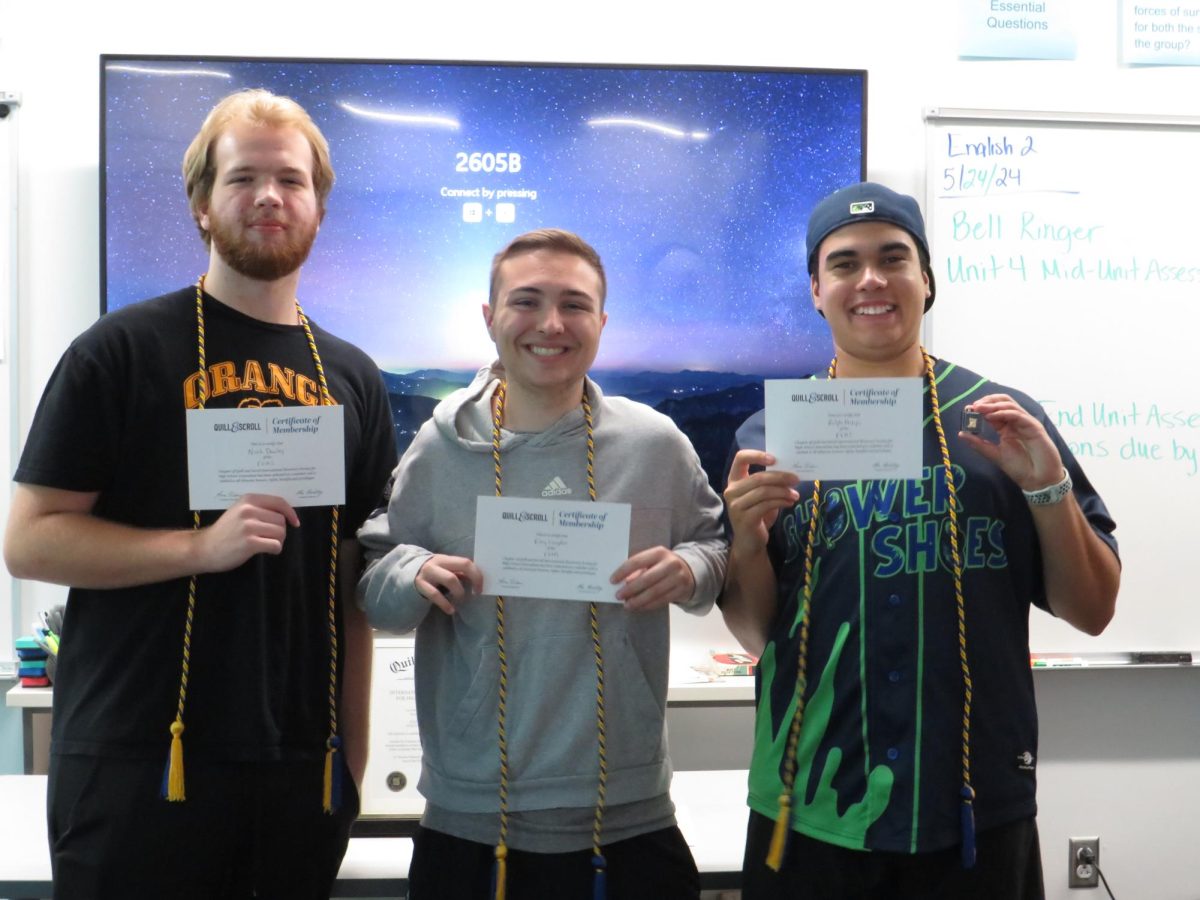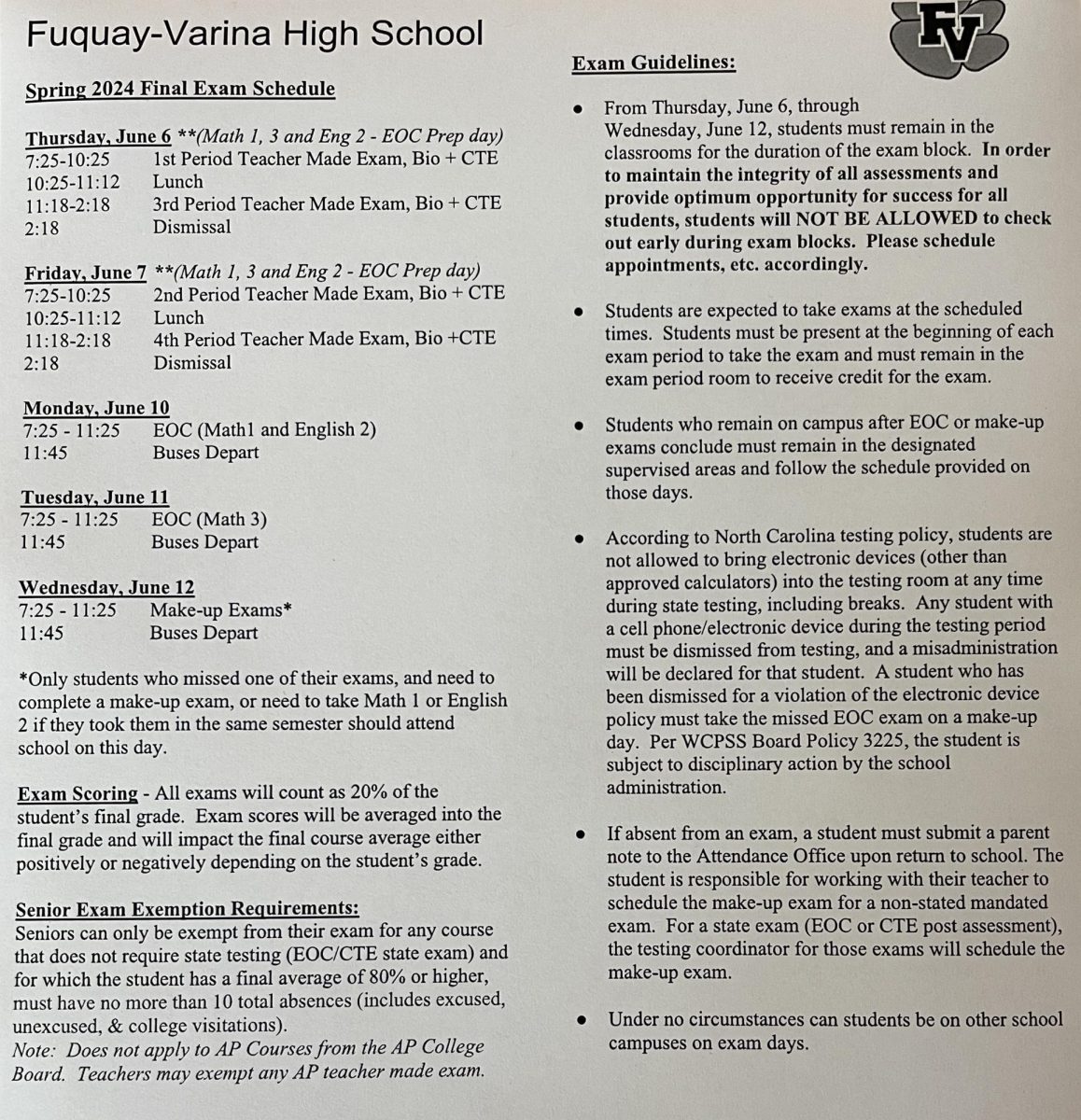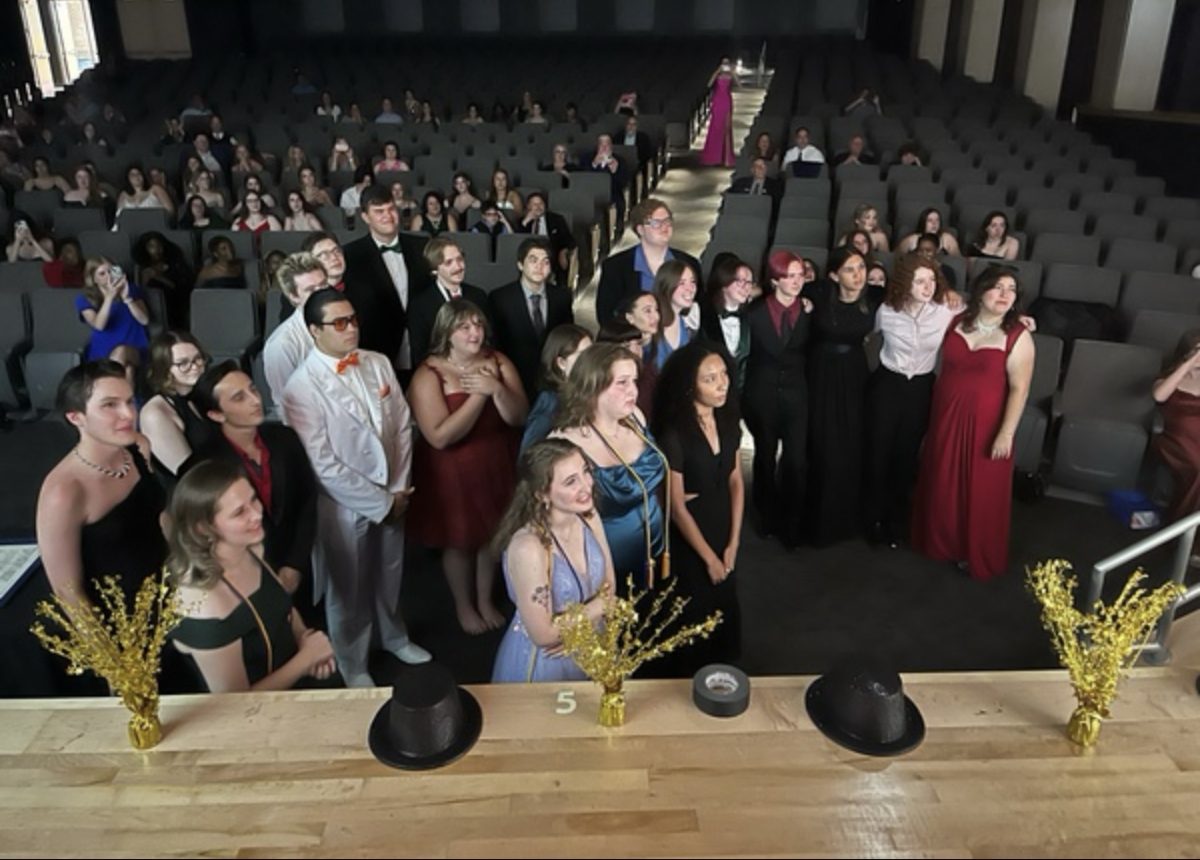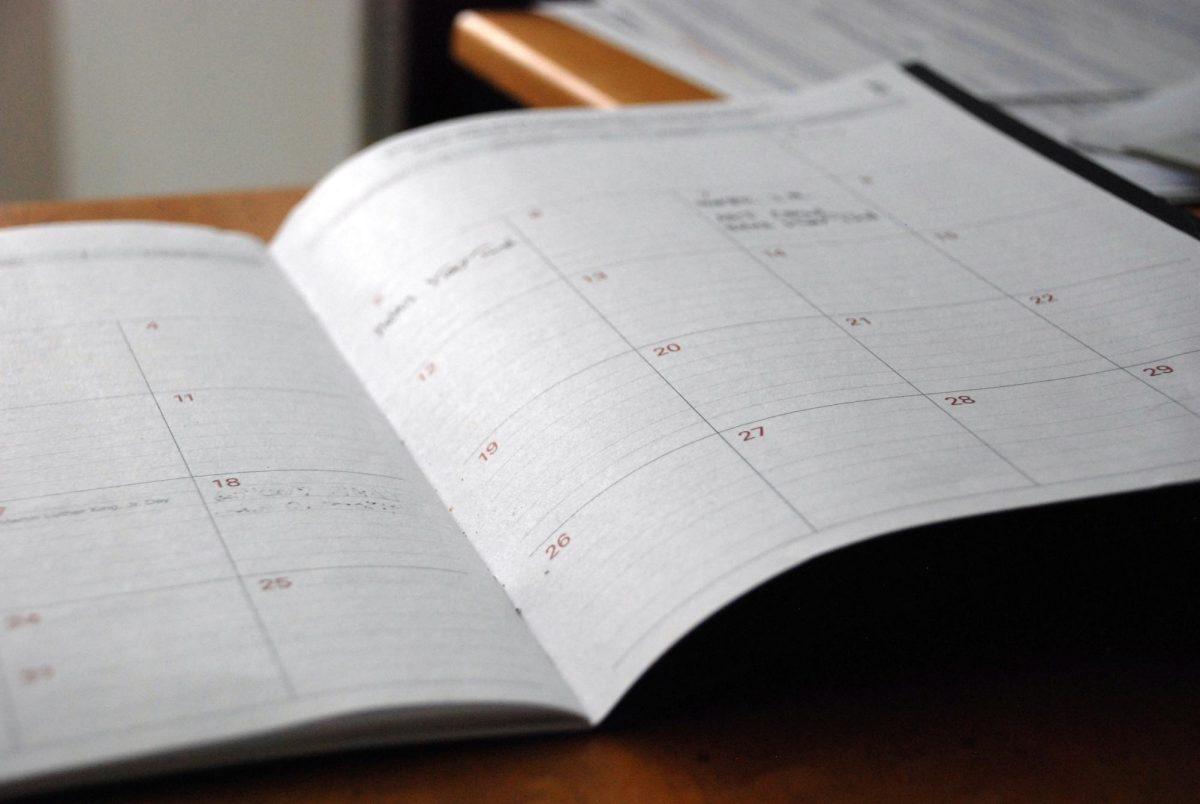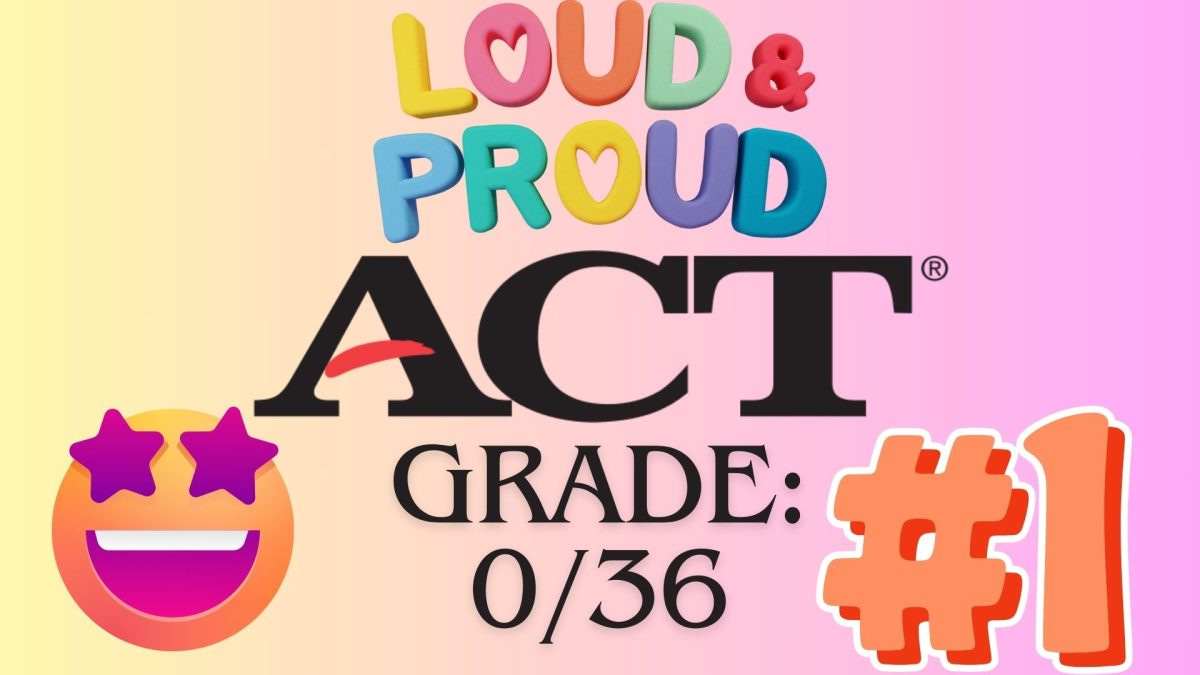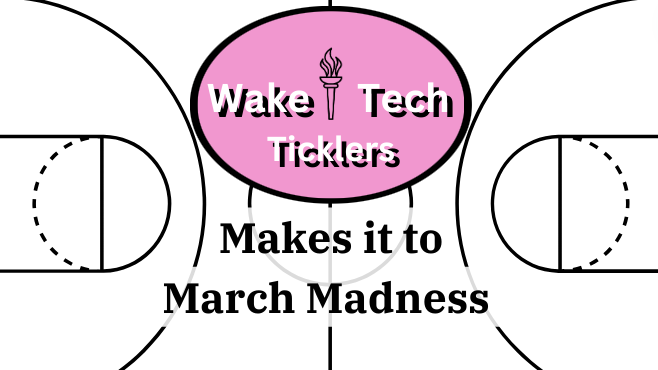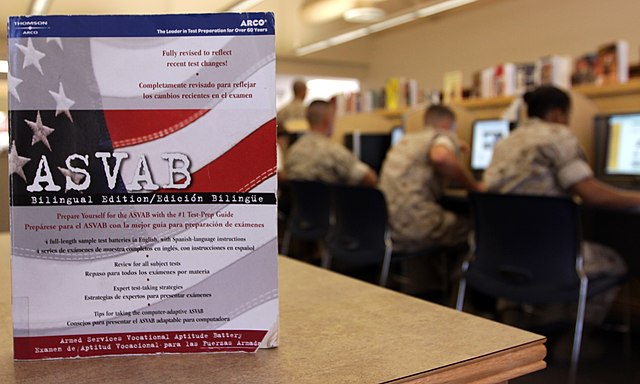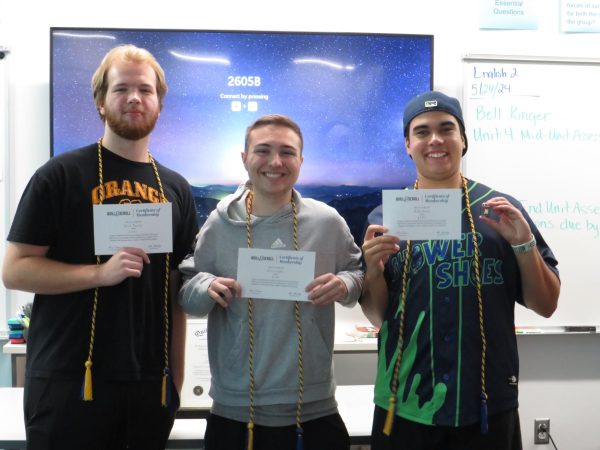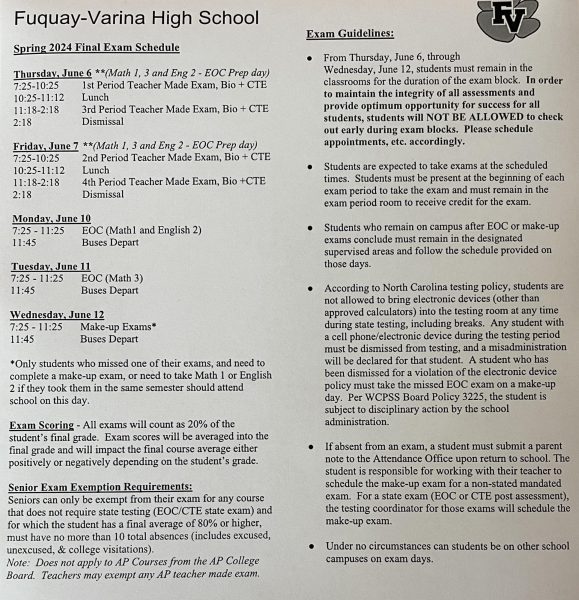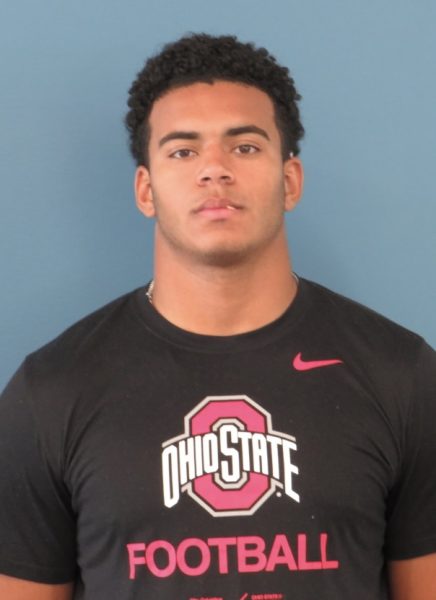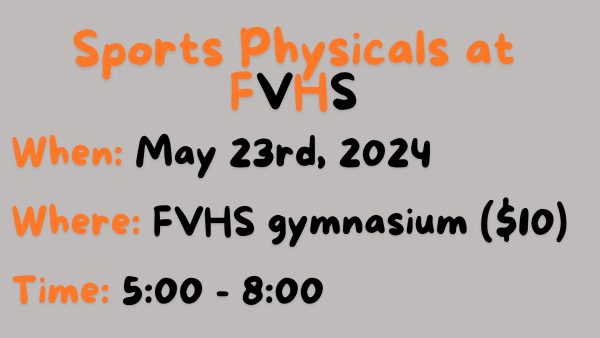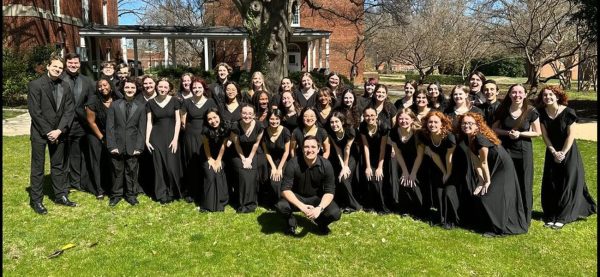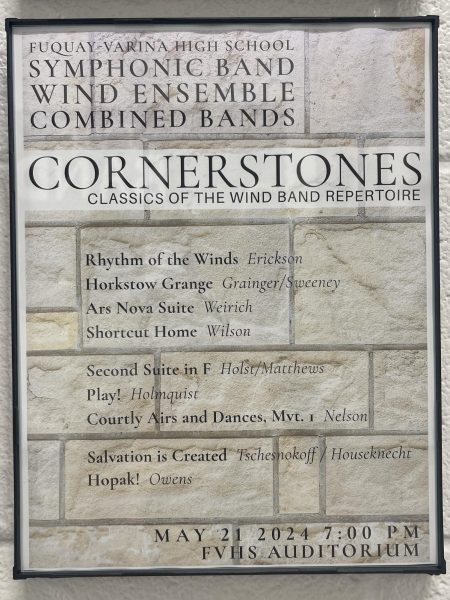ASVAB hosted on campus
Per Marine Corps Order 1230.5B new changes are being made to the Marine Corps Armed Services Vocational Aptitude Battery restest policy slated to be in effect September 1.
The school is hosting a future job test with the armed services on Nov. 1 and May 16, in the media center. Students who take the test will report directly to the media center instead of their first-period class.
The Armed Services Vocational Aptitude Battery, or, ASVAB, is a test that seeks to measure one’s knowledge in math, mechanics, electronics, the sciences, and language. The purpose of measuring these skills is to give participants insight into which career they might want to pursue.
Students from grades 10 and up may sign up to take it. The deadline is six days ahead of the test, which is Oct. 25 for the fall and May 10 for the spring.
There are sign-up codes around the school with a link to the test form or students can email Dr. Emily Jessee, the career development counselor on campus, for the sign-up form. A reminder will be given to students who sign up a few days before the test with their testing information.
Traditionally the test was pen and paper but the ones on campus will be on the computer so students can move at their own pace.
“It’s generally easier for students to move quickly,” Jesse said regarding the computerized test.
Students can take the test as many times as they would like; however, it doesn’t work like the SAT or ACT. If students wish to use their score to enlist with the military only the most recent score will be considered.
According to the ASVAB Career Exploration Program, “The majority of students score between 30 and 70.” The test is scored from 0 to 100 and comprised of a composite of all of the section scores.
The test scores are usually returned within seven to ten days after the test. When they get their results, students may go to Jessee to review their scores and get insight as to what they mean.
“It’s not associated with a grade for college entrance,” Jessee said. “I think that takes a lot of pressure off students.”
Your donation will support the student journalists of Fuquay-Varina High School. Your contribution will allow us to purchase equipment and cover our annual website hosting costs.

